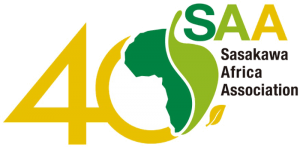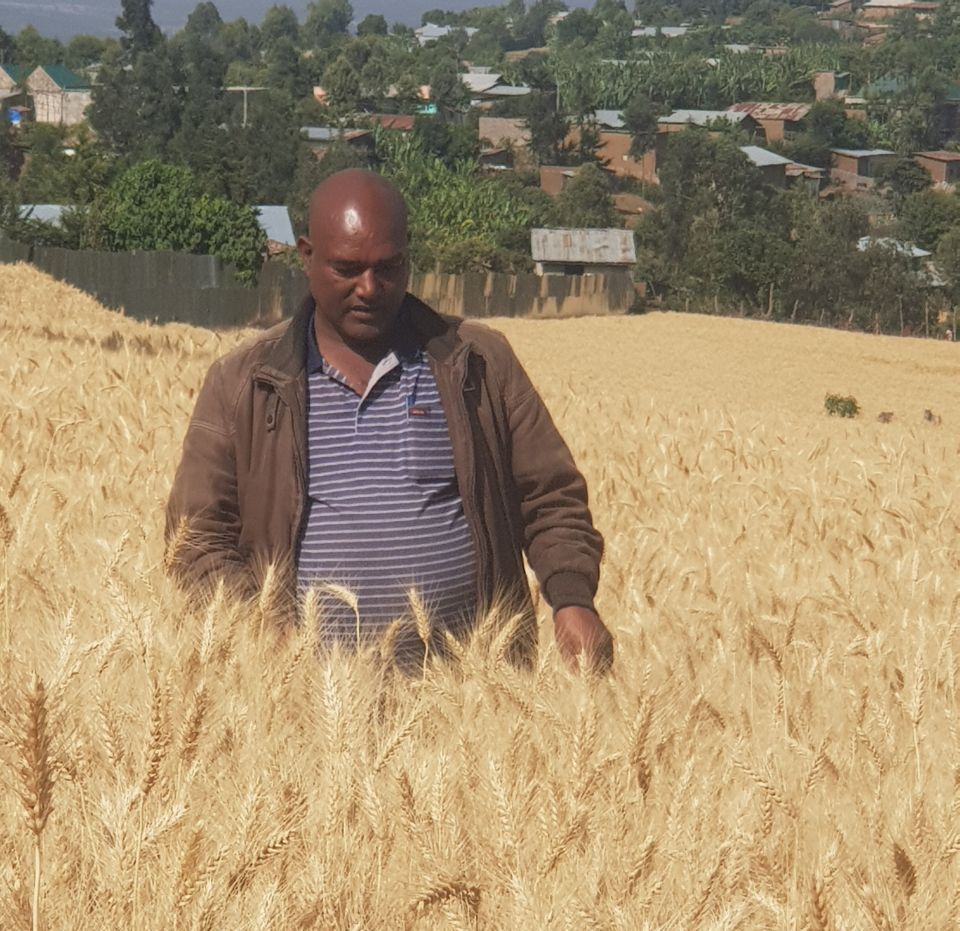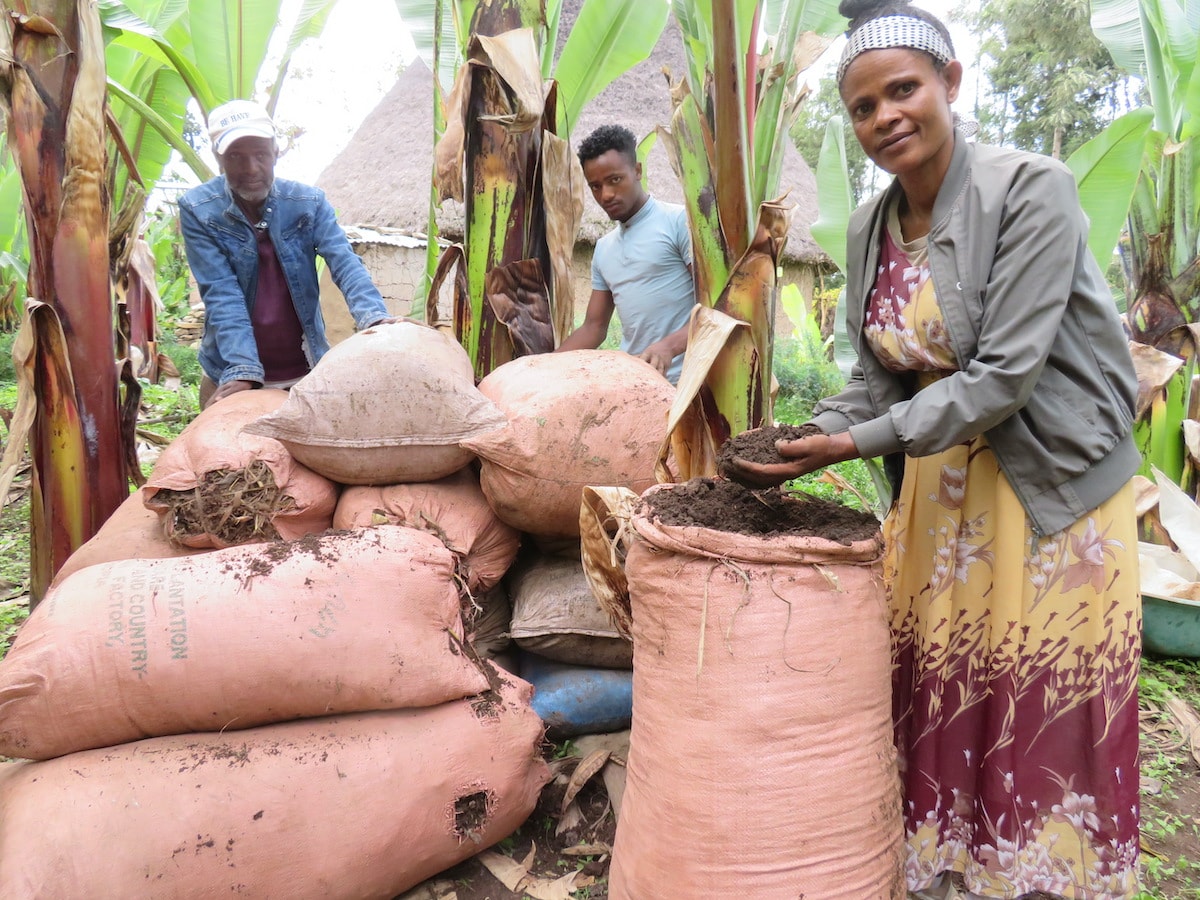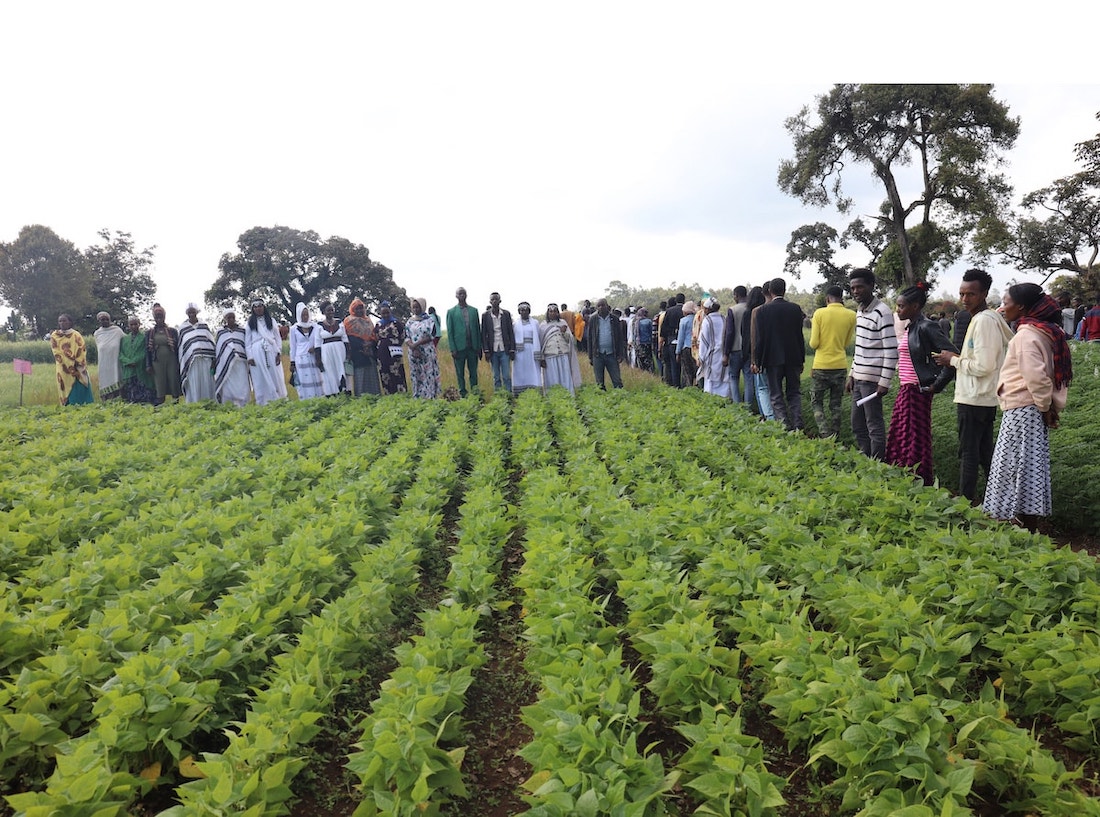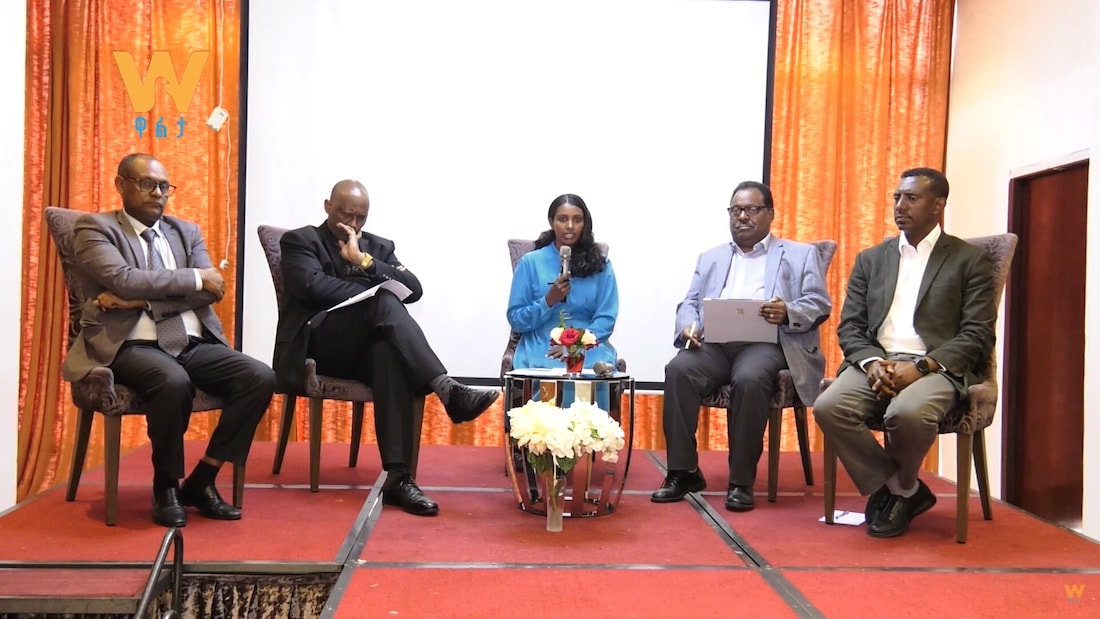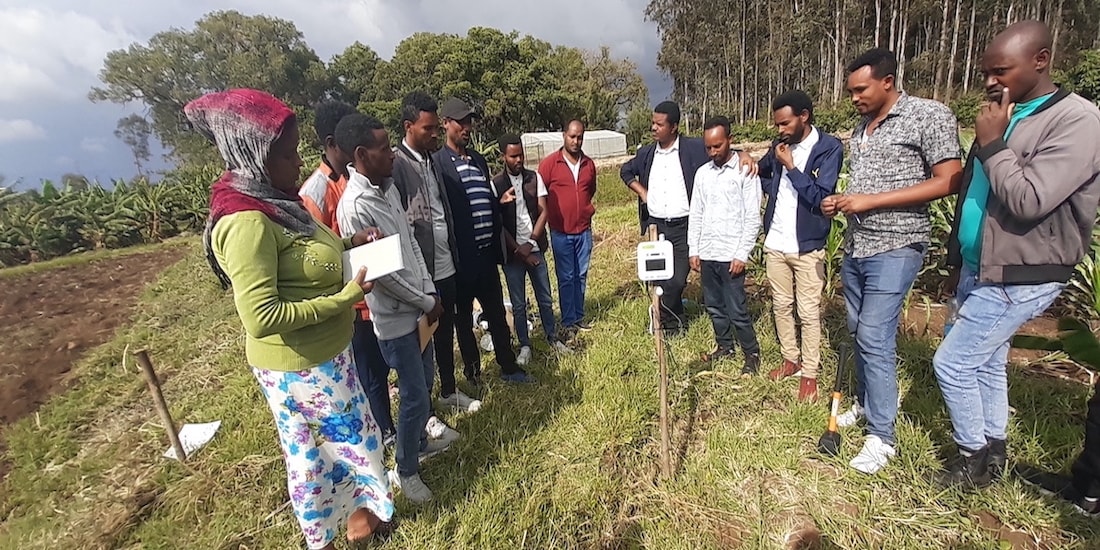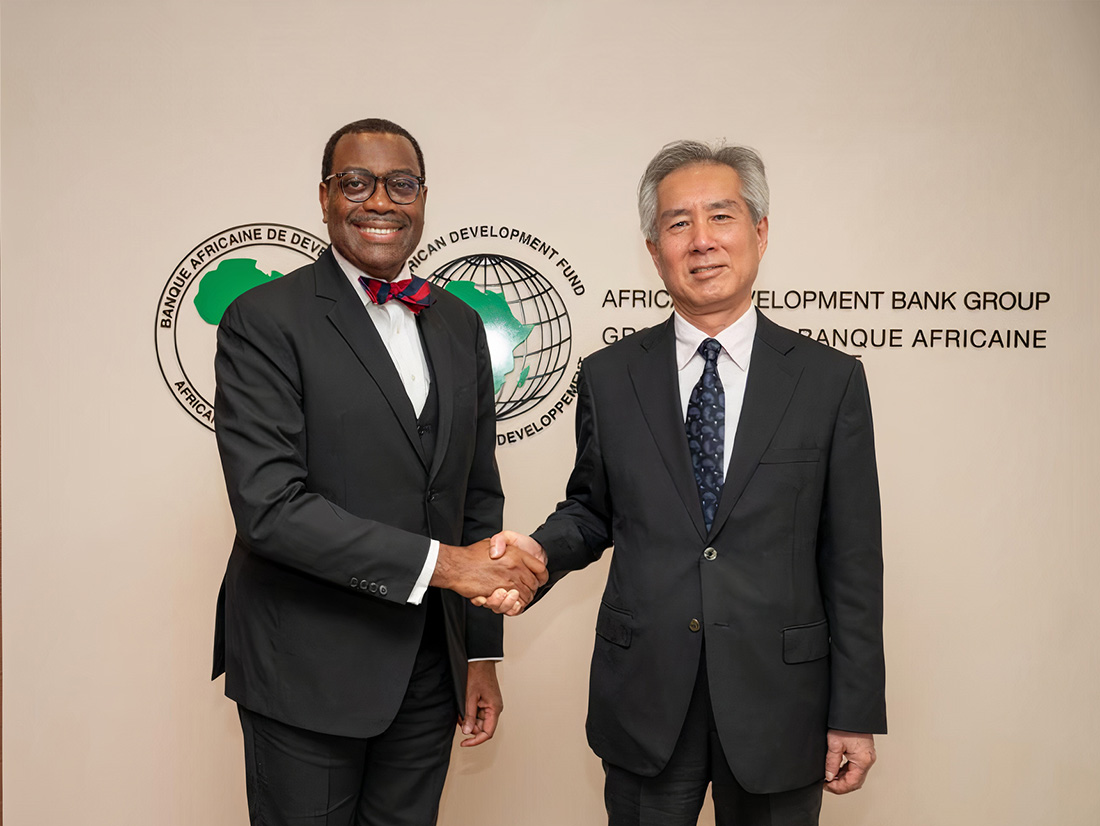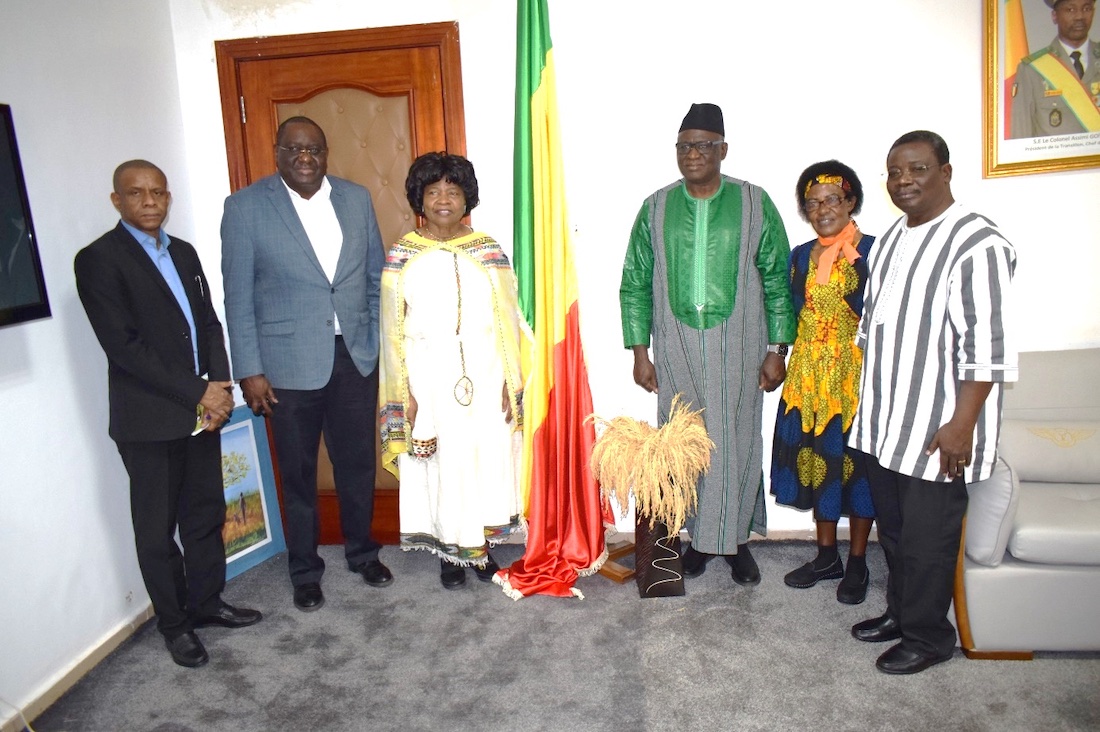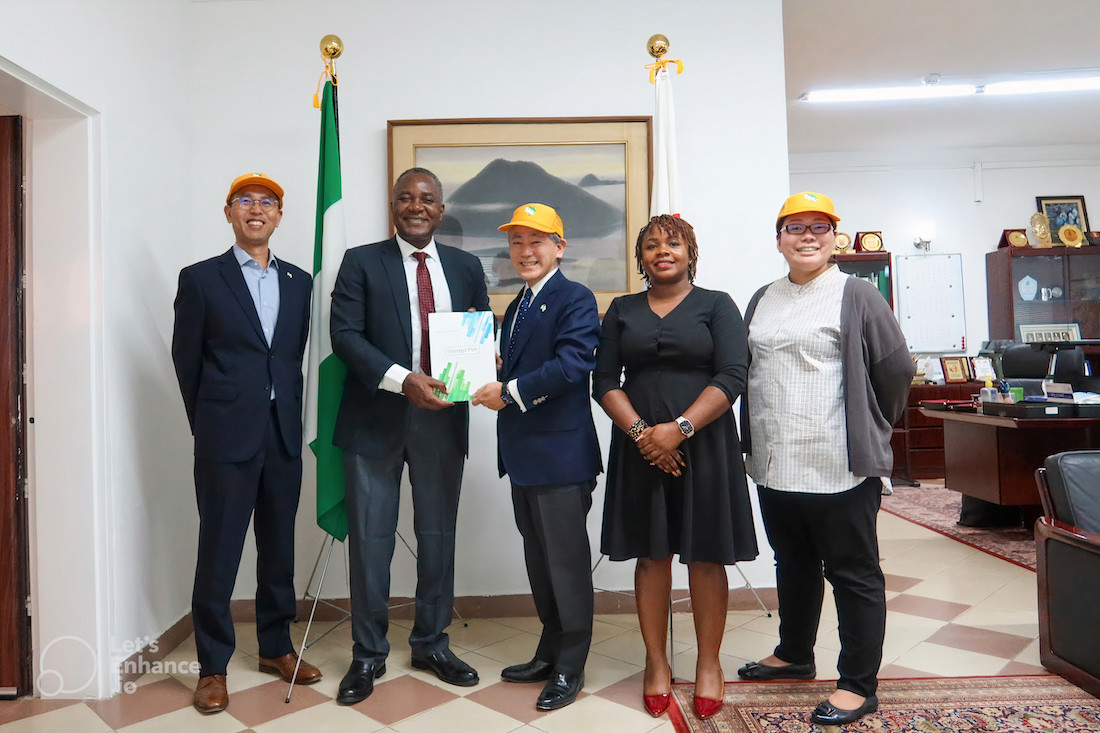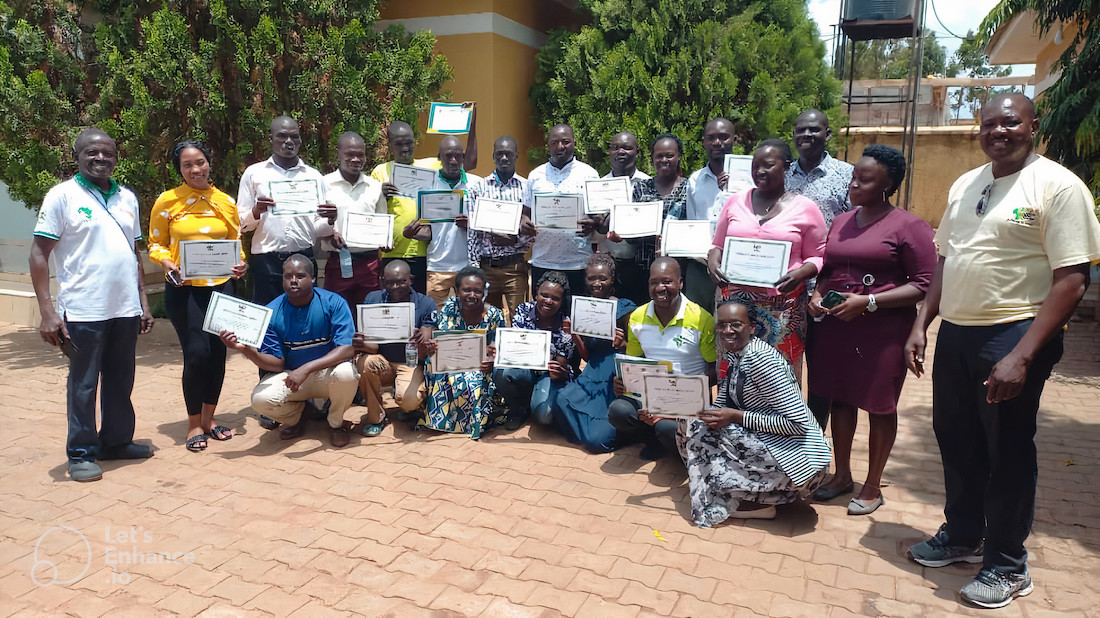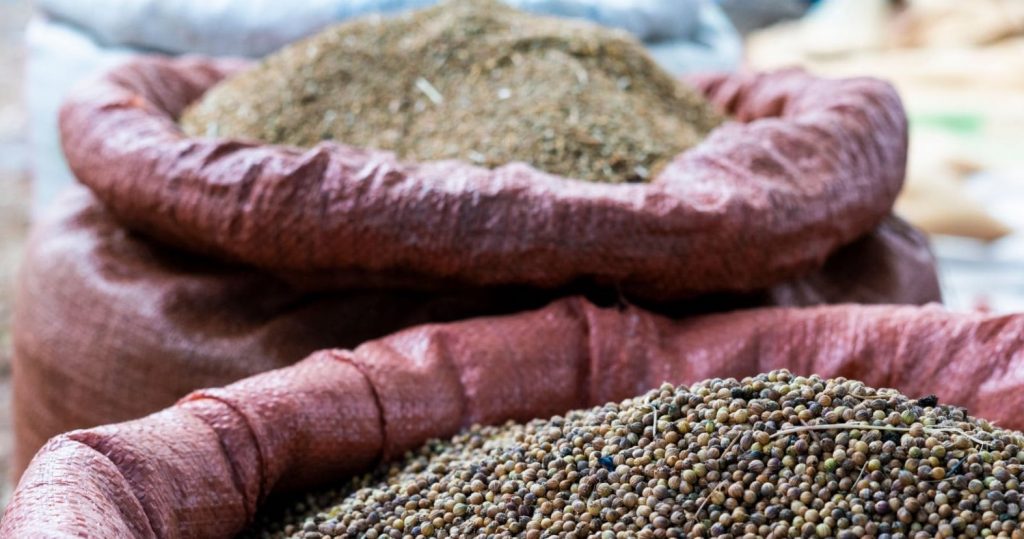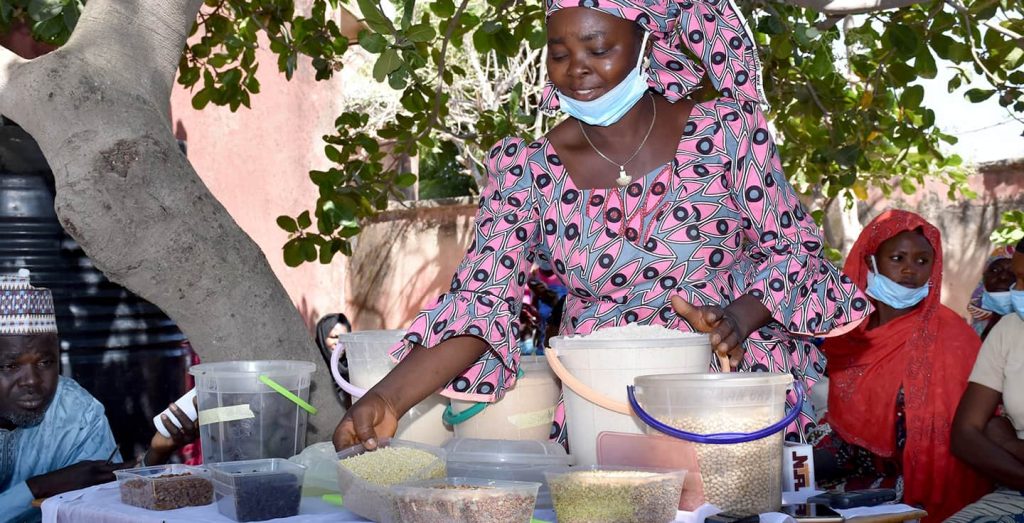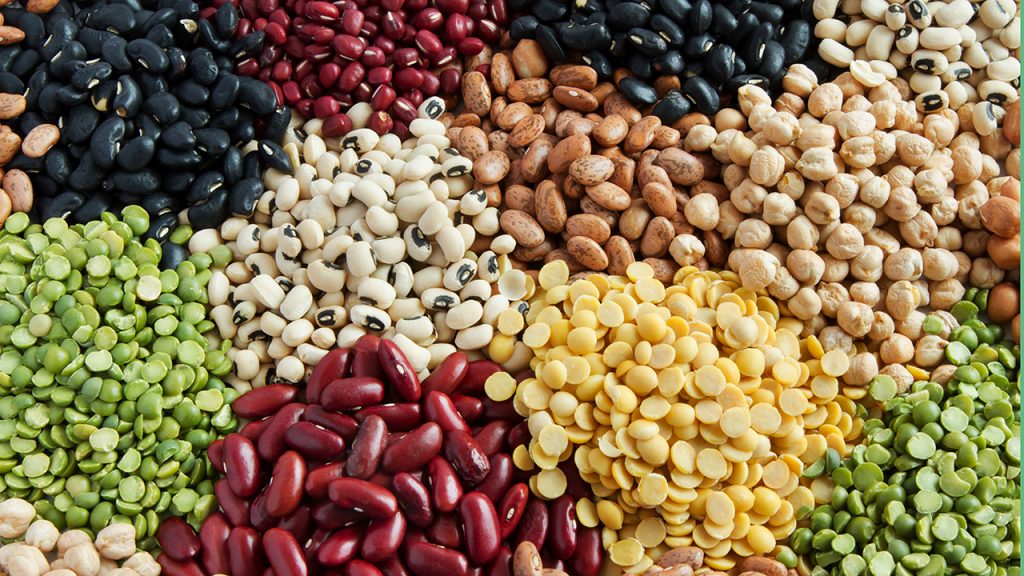Focus on Ethiopia
May 2023
Message from the Country Director
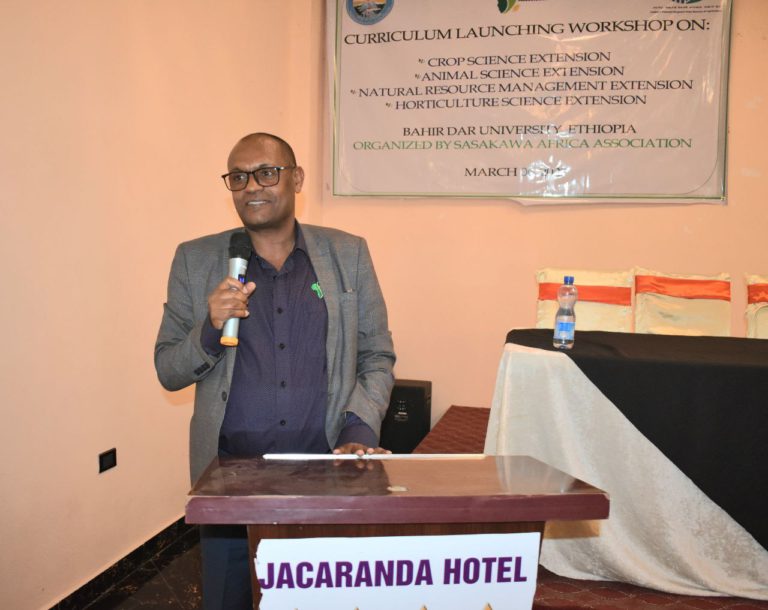
Message from the Country Director
Dear Readers,
Welcome to the May 2023 issue of the Sasakawa Africa Association (SAA) newsletter, which focuses on Ethiopia. This edition is unique in that it coincides with the SAA’s 30th year – SAA was founded in Ethiopia in June 1993. It is also timely as it comes in the year when the Ethiopian government announced the achievement of a wheat export milestone, to which SAA has played a catalytic role over the years and is proud to see come to fruition.
SAA is in its third year of implementing its current strategy (2021-2025), which focuses on a sustainable, regenerative, and resilient agriculture that is also nutrition-sensitive and market-oriented. Since launching this strategy, SAA in Ethiopia has been steadily expanding its intervention portfolio and consolidating innovation packages. Among the SAA’s recent focus are urban and peri-urban agriculture, permagardening, biofortified crops, livestock feeds, irrigated agriculture, shelf-life extending technologies for perishable products, market-oriented agriculture through the Smallholder Horticulture Empowerment and Promotion (SHEP) approach, and e-learning and e-extension.
In this issue, you will see our various interventions along the strategic pillars that are positively impacting people’s lives and contributing to improved environmental sustainability and climate resilience in the country. It specifically highlights good practices in regenerative agriculture and nutrition. You will further read the stories of an agri-entrepreneur group and individual who succeeded in “farming as a business”; farmers’ digital learning; enhancing extension education curriculum; and efforts to capacitate Farmer Training Centers (FTCs).
SAA remains committed to its catalyzing role in the resolution of Ethiopia’s and Africa’s most pressing agricultural development challenges, and the development of sustainable agri-food systems.
Enjoy your reading.
Fentahun Mengistu, PhD
Country Director, SAA Ethiopia Office
Special Feature
Special Feature
Access to new wheat variety and GAP training transforms the life of a farmer and his community
In slightly over two years, Wondimu Bogale’s life has transformed in ways that were previously unimaginable. The father of 11, cultivates wheat in the Angacha District of Ethiopia’s Southern Nations, Nationalities, and People’s Region (SNNPR). Yet despite a favorable agro-ecological environment for the grain’s production, Bogale, like many other farmers in the region, could only harvest 2.0 t/ha, a sub-par yield driven by a lack of Good Agronomic Practices (GAP) and limited access to improved seed varieties. Things took a surprise turn in 2020, when SAA introduced the Deka wheat variety to the village through its Community Variety Plot (CVP), where it demonstrated the highest yield yet in the area. Bogale was lucky to be among the farmers to witness the output, and even luckier to have attended a training on GAP by SAA that covered crop rotation, minimum tillage, intercropping, timely weeding, precise fertilizer application (type, time, placement, and amount), and use of improved varieties with recommended seed rate as well as harvesting, storing, and marketing.
“It was a blessed day when I learned about the Deka wheat variety from my neighbor who was a host farmer of one of the SAA demonstration plots in Kerekicho,” Bogale said.
Following the training, Bogale purchased 150 kg of Deka seed from another host farmer in the Kerekicho Kebele, which was sufficient to cover his 1.5 ha of land. He planted it in the 2021 cropping season with technical support from the Development Agents (DAs) and cross learning with other host farmers. That year, he harvested 5.3 tons, which was about 77% more than his usual yield. He sold 3.3 tons of his harvests to the neighbouring farmers as seeds, earning him over USD3,200, while leaving him with 2 tons of seed for his own cultivation.
Spurred by the great output, in 2022, he expanded his farm by renting 18.5 more hectares of land for a total of 20 ha, from which he harvested 84 tons and earned USD59,880 by selling 80 tons of grain to the government for export and the rest to local farmers.
He observes that the new variety yields twice as much as conventional varieties due to its improved tillering capacity and pest tolerance. His transformed output has also been a blessing to his community which now benefits from easy access to improved seed, leading many of them to view farming as a business.
Special Feature
Special Feature
Two birds with one stone: Using compost to tame fertilizer price hikes and increase yields sustainably
Farmers in the Amhara and SNNP regions of Ethiopia have cut their expenditure on fertilizer by half after training on compost preparation and use. Compost improves soil structure and provides a wide range of nutrients for plants, adding beneficial microbes to the soil, and increasing crop yields. However, many farmers struggle to produce high-quality compost due to a lack of organic materials, and inadequate knowledge on the proper ratio of carbon and nitrogen-supplying raw materials, with others desisting completely due to the odour released in the composting process. To address these issues, SAA-Ethiopia provided farmers and Extension Agents (EAs) in the Angacha and Meket districts with hands-on training on how to improve compost preparation using Effective Microorganisms (EMs).
EMs are a blend of naturally-occurring beneficial organisms, primarily lactic acid bacteria, photosynthetic bacteria, and yeasts that can be used as inoculants to boost the beneficial microbial population and diversity in the soil ecosystem for sustainable crop production. Compost preparation with EMs speeds up the decomposition of organic materials by 5-6 times, while reducing the release of odors.
Since 2021, SAA has trained 46 (12 women) EAs, and 244 (67 women) smallholder farmers in the Amhara and SNNP regions on compost preparation using EMs. The farmers are reporting sustained yields even after replacing half of their inorganic fertilizer needs with compost, which is consistent with most studies on compost in Ethiopian showing that organic fertilizers can replace up to 50% of inorganic fertilizers. For optimum yields, the trained farmers apply 4 MT of compost per hectare alongside half of the recommended inorganic fertilizer rate (50 Kg NPS and 50 Kg Urea per hectare).
The amount of compost produced by the trained farmers has been used to substitute approximately 3.5 metric tons of inorganic fertilizers valued at USD2,403 based on the current price of USD 68.66 per 0.1MT.
Using compost in combination with mineral fertilizers is an Integrated Soil Fertility Management (ISFM) system that SAA promotes for increasing soil fertility and reducing environmental hazards. This makes composting an important component of regenerative agriculture, which help farmers reduce reliance on inorganic fertilizers.
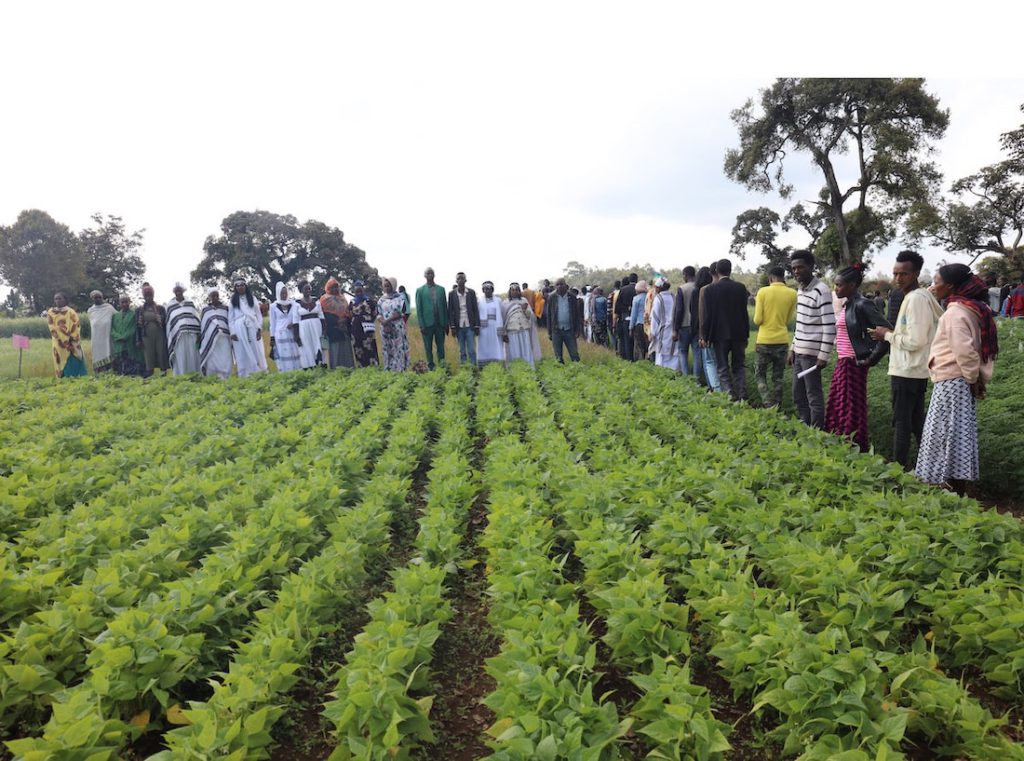
ACTIVITY
ACTIVITY
Thousands of farmers gain transformative agricultural production skills through SAA field days
In April, SAA held Farmers’ field day events focusing on Regenerative Agriculture (RA) technologies in Negele Arsi, Kewet, Angacha, Meket and Ana Sora districts of the SNNPR and Oromia regions of Ethiopia. The sessions were attended by 4,402 (1,099 female) farmers, Extension Agents (EAs) and officials. Each event began with welcoming remarks from the heads of the districts and brief introductions by EAs. Participants were then grouped and guided to different demonstration plots at Farmer Training Centers (FTCs) and in host farmers’ fields for demonstrations on RA practices such as Conservation Agriculture (CA) including minimum/zero tillage, crop rotation, intercropping, strip cropping, and mulching; Integrated Soil Fertility Management (ISFM) practices such as composting/manuring, vermicomposting, green manuring, liming of acidic soil; Integrated Pest Management (IPM) practices, and crop diversification. The farmers also visited Community-based Seed Multiplication (CBSM) schemes, water points, and permagardens planted with vegetables, spices, and aromatic and medicinal plants.
After the field visits, participants exchanged their observations in sessions chaired by high-profile officials who appreciated the SAA’s contributions in addressing the long-term goals of the government’s policies and strategies. In addition, the government representatives advised and encouraged farmers to adopt the different technologies and practices they visited. Directions were also given to the respective district agriculture offices to scale-up the best technologies and practices. SAA’s management promised to sustain its work in impacting smallholder farmer livelihoods by addressing the three interlinked pillars of its current strategy.
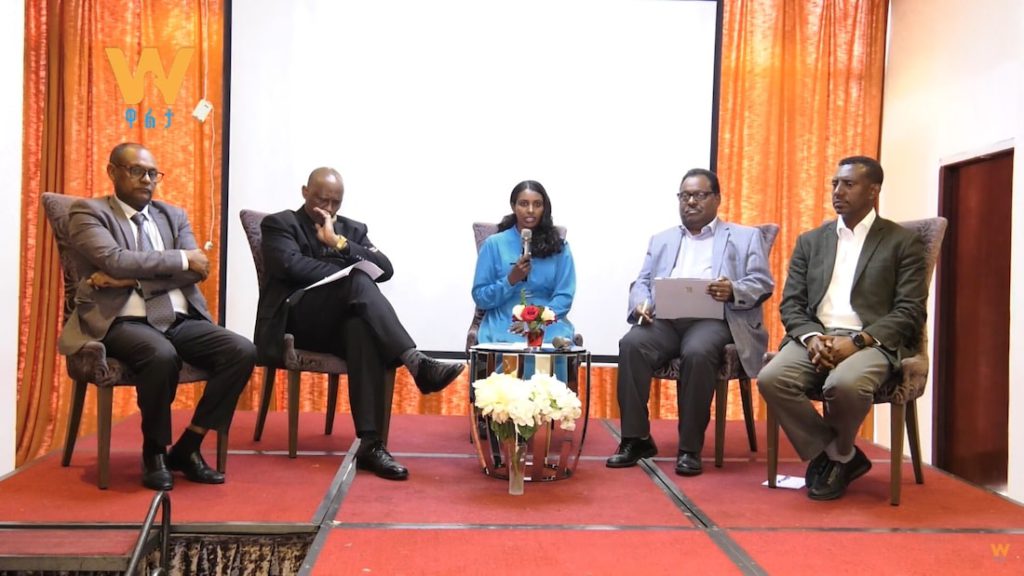
ACTIVITY
ACTIVITY
SAA collaborates with peers to advance sustainable and Regenerative Agriculture objectives in Ethiopia
In March 2022, five organisations, including the Sasakawa Africa Association (SAA)-Ethiopia, the Ethiopia Food and Land Use Coalition (FOLU) project of the World Resources Institute (WRI), the Ethiopian Ministry of Agriculture (MoA), the Agricultural Transformation Institute (ATI), and the Ethiopian Institute of Agricultural Research (EIAR), formed an Action Coalition to Promote Sustainable and Regenerative Agriculture Commercialization in Ethiopia.
Since then, the SAA-Ethiopia Offfice has been actively involved in and contributing to the realization of the Action Coalition’s objectives. This includes participation in the FOLU-led compilation of sustainable and regenerative agriculture (SRA) best practices, the development of a roadmap for sustainable and regenerative agriculture, and discussions on piloting SRA practices in the Agricultural Commercialization and Farmers’ Production cluster areas.
SAA also contributed to the Action Coalition member organizations cross-country learning visit to the Telangana State of India, which took place from March 26 to April 2, 2023 and was funded and organized by WRI/FOLU-Ethiopia. SAA’s Country Director and Regenerative Agriculture Technical Coordinator joined the trip, where members were educated on the transition to sustainable and regenerative agriculture, through such techniques as natural farming, the use of bio-stimulants, permaculture, and crop diversification, among others.
In exchange, the WRI’s Food and Land Use Coalition (FOLU) India team will travel to Ethiopia in May 2023 for a similar cross-country learning visit, during which SAA Ethiopia will share its regenerative agriculture work and experiences.
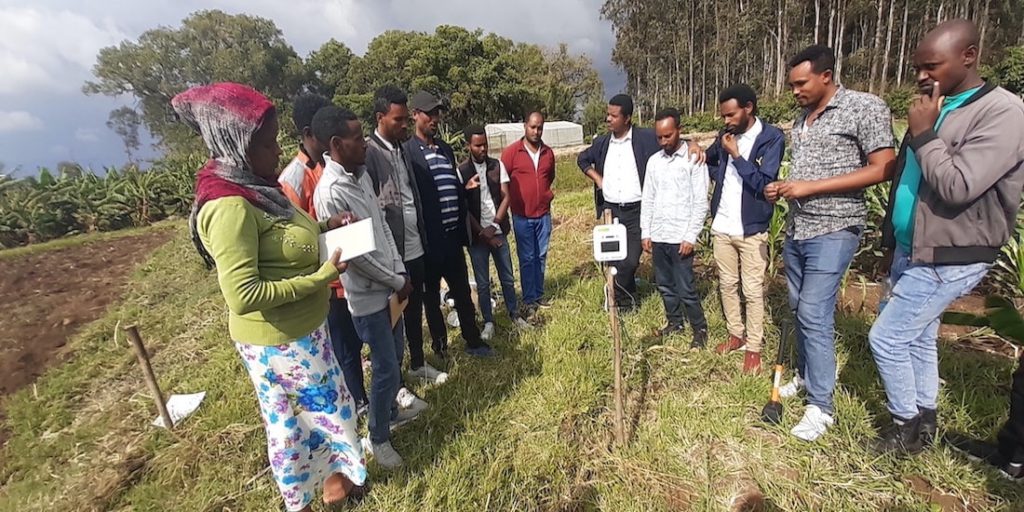
ACTIVITY
ACTIVITY
Harnessing an AI-powered brain for agricultural solutions ‘e-kakashi’, supporting the decision-making by farmers and Extension Agents
As part of efforts to digitalize agricultural extension, SAA-Ethiopia has been testing smart farming practices since 2022. One such example is the AI-powered brain for agricultural solution ‘e-kakashi’ . Originally taking the name “kakashi” from a Japanese word for scarecrow, this e-kakashi has been introduced to Ethiopia as part of the Pro-environment Market-oriented Agriculture Promotion Project (PREMAP-I)1 funded by the Ministry of Foreign Affairs of Japan.
Provided by SoftBank Corp., a major Japan-based telecommunications and IT operator, e-kakashi supports the decision-making of users in agriculture. It collects environment data, plant growth data, and cultivation records further providing alerts and advice, according to the pre-set cultivation manual, or recipe. Using different sensors installed in the field, e-kakashi equipment (called Gateway) collects data of various environmental conditions, which is then transmitted via the network and becomes easily visible on smartphone apps. Additionally, users can record cultivation works and plant growth through a smartphone app. Using AI to analyze the gathered data, e-kakashi informs users and provides alerts and information based on agronomic best practices.
Using this technology, SAA intends to promote evidence-based agriculture that integrates scientific data in farmers’ decision-making in agriculture. In Ethiopia, e-kakashi is currently being piloted at two Farmer Training Centers (FTCs) in Amhara and Oromia Regions, as well as at the Fogera National Rice Research and Training Center (FNRRTC). As a project goal, PREMAP intends to develop water-and fertilizer-optimizing cultivation techniques, that increase farm productivity and profitability while reducing environmental impact. This resonates with SAA’s Regenerative Agriculture approach.
As part of technology introduction, SoftBank Corp. provided a series of training on e-kakashi installation and operation to both SAA staff and Extension Agents (EAs). The training supported 23 (14 female) EAs in Berakat Kebele, North Mecha district, Amhara region, and nine trainees in Turge Kebele, Negele Arsi District and Oromia region. It greatly helped the trainees to expand their knowledge and deepen understanding on evidence-based sustainable agriculture in the region.
1. The Pro-environment Market-oriented Agriculture Promotion Project (PREMAP-I) is a project funded by MOFA Japan that focuses on strengthening two Farmers Training Centers (FTC)’s extension capacity by constructing the training and exhibition rooms as well as demonstration water harvesting systems, and farm equipment. It also assists farmers in gaining access to water through rainwater harvesting or hand-dug wells and solar pumps for year-round vegetable production. The PREAMP-II is set to begin implementation in March 2023, with an expansion to the Sidama region to impact coffee growing areas and the higher altitude areas of Ana Sora in the Oromia region to capacitate FTCs and support farmers’ vegetable production and market access.
EVENTS
HQ
SAA, AfDB Presidents excited at prospects of collaborative work in Benin, Ethiopia and Nigeria
On April 25, 2023, SAA President Kitanaka paid a courtesy call to African Development Bank (AfDB) President Dr. Akinwumi Adesina during his brief visit of Japan. Dr. Beth Dunford, the AfDB’s Vice President for Agriculture, Human and Social Development was also in attendance. Dr. Dunford highlighted the successful signing of a project MoU for a joint project between SAA and the Bank supported by the Japanese government, to be launched in Ethiopia, Benin and Nigeria. The project is implemented under the Trust Fund for the Japan Policy and Human Resources Development Grant (PHRDG). Dr. Adesina underscored the important role that agricultural extension systems play in the dissemination of innovation and human resource development in the transformation of African agriculture, and in particular, the acceleration of digitalization. He also expressed confidence in SAA’s contribution in that area and hope for the materialization of the collaboration with the Bank in coming projects.
For more details on the the PHRDG project: Please visit
HQ
SAA, AfDB Presidents excited at prospects of collaborative work in Benin, Ethiopia and Nigeria
On April 25, 2023, SAA President Kitanaka paid a courtesy call to African Development Bank (AfDB) President Dr. Akinwumi Adesina during his brief visit of Japan. Dr. Beth Dunford, the AfDB’s Vice President for Agriculture, Human and Social Development was also in attendance. Dr. Dunford highlighted the successful signing of a project MoU for a joint project between SAA and the Bank supported by the Japanese government, to be launched in Ethiopia, Benin and Nigeria. The project is implemented under the Trust Fund for the Japan Policy and Human Resources Development Grant (PHRDG). Dr. Adesina underscored the important role that agricultural extension systems play in the dissemination of innovation and human resource development in the transformation of African agriculture, and in particular, the acceleration of digitalization. He also expressed confidence in SAA’s contribution in that area and hope for the materialization of the collaboration with the Bank in coming projects.
For more details on the the PHRDG project: Please visit
Mali
SAA Board Chair Oniang’o, meets partners, farmers during Mali visit
The SAA Board Chair Prof. Ruth Oniang’o visited Mali from March 5-12, 2023 where she met and exchanged ideas with national partners, donors, SAA intervention beneficiaries, farmers, and staff and management of SAA-Mali. With the aim of strengthening the partnerships and exploring areas of collaboration, the Chair held fruitful discussions with partners including the National Directorate of Agriculture, the Ministry of Agriculture, the Japanese Embassy in Mali, the International Fertilizer Development Center (IFDC), AGRA, USAID, International Crops Research Institute for the Semi-Arid Tropics (ICRISAT), World Vegetable Center (AVRDC) and the Samanko Agricultural Training College (CAA de Samanko).
For the full story, please visit: Please visit
Mali
SAA Board Chair Oniang’o, meets partners, farmers during Mali visit
The SAA Board Chair Prof. Ruth Oniang’o visited Mali from March 5-12, 2023 where she met and exchanged ideas with national partners, donors, SAA intervention beneficiaries, farmers, and staff and management of SAA-Mali. With the aim of strengthening the partnerships and exploring areas of collaboration, the Chair held fruitful discussions with partners including the National Directorate of Agriculture, the Ministry of Agriculture, the Japanese Embassy in Mali, the International Fertilizer Development Center (IFDC), AGRA, USAID, International Crops Research Institute for the Semi-Arid Tropics (ICRISAT), World Vegetable Center (AVRDC) and the Samanko Agricultural Training College (CAA de Samanko).
For the full story, please visit: Please visit
NIGERIA
SAA, Japan Embassy renew commitment to support Nigeria’s agricultural sector transformation
The Embassy of Japan in Nigeria and SAA-Nigeria have reiterated their commitment to strengthen their joint effort in helping the country to transform its agricultural sector. The two institutions made the assurance during a courtesy visit by the SAA’s Country Director, Dr Godwin Atser, to Japan’s Embassy in Abuja. The renewed commitment is aimed at tapping Japanese innovation, including information and communication technologies (ICTs), to improve farming systems in Nigeria.
While receiving the Country Director, Ambassador Kazuyoshi Matsunaga appreciated the significant role played by SAA in Africa. The meeting came at a time when Nigeria is emphasizing the position of agriculture in lifting its population out of poverty by creating jobs and new wealth. Dr Atser said agriculture holds great potential, which is, however, yet to be fully harnessed. He further explained how SAA’s strategy 2021-2025 seeks to tackle the many problems confronting the country’s agriculture sector.
The Ambassador note that the rapid internet penetration in Nigeria is an asset to be harnessed for agricultural development. He also noted that technologies for agricultural mechanization could reduce drudgery, boost productivity, and improve the efficiency of farmers in Nigeria. He further promised to support the SAA’s activities in the country.
You can read more about the meeting here
NIGERIA
SAA, Japan Embassy renew commitment to support Nigeria’s agricultural sector transformation
The Embassy of Japan in Nigeria and SAA-Nigeria have reiterated their commitment to strengthen their joint effort in helping the country to transform its agricultural sector. The two institutions made the assurance during a courtesy visit by the SAA’s Country Director, Dr Godwin Atser, to Japan’s Embassy in Abuja. The renewed commitment is aimed at tapping Japanese innovation, including information and communication technologies (ICTs), to improve farming systems in Nigeria.
While receiving the Country Director, Ambassador Kazuyoshi Matsunaga appreciated the significant role played by SAA in Africa. The meeting came at a time when Nigeria is emphasizing the position of agriculture in lifting its population out of poverty by creating jobs and new wealth. Dr Atser said agriculture holds great potential, which is, however, yet to be fully harnessed. He further explained how SAA’s strategy 2021-2025 seeks to tackle the many problems confronting the country’s agriculture sector.
The Ambassador note that the rapid internet penetration in Nigeria is an asset to be harnessed for agricultural development. He also noted that technologies for agricultural mechanization could reduce drudgery, boost productivity, and improve the efficiency of farmers in Nigeria. He further promised to support the SAA’s activities in the country.
You can read more about the meeting here
UGANDA
SAA-Uganda trains agro-input dealers on agrochemical safety
In partnership with the Ministry of Agriculture Animal Industry and Fisheries (MAAIF) and Makerere University, SAA-Uganda organized a training for agro-input dealers and Community Association Traders on the safe use of agrochemicals in the Lira District. Nineteen (8 women) agro-input dealers and CATs were trained. The session focused on the safe use of agro-inputs, inform the participants on the agricultural inputs regulating and governing law, and the registration requirements for operating input shops. The training also addressed the safe use of agrochemicals, business planning, and management. At the end of the workshop, certificates were awarded to participants, and the agro-input business profiles of eight candidates (1 female) were reviewed by the Registrar of the MAAIF and given the go-ahead to start the registration process. Subsequently, three new input shops opened and began operating officially.
UGANDA
SAA-Uganda trains agro-input dealers on agrochemical safety
In partnership with the Ministry of Agriculture Animal Industry and Fisheries (MAAIF) and Makerere University, SAA-Uganda organized a training for agro-input dealers and Community Association Traders on the safe use of agrochemicals in the Lira District. Nineteen (8 women) agro-input dealers and CATs were trained. The session focused on the safe use of agro-inputs, inform the participants on the agricultural inputs regulating and governing law, and the registration requirements for operating input shops. The training also addressed the safe use of agrochemicals, business planning, and management. At the end of the workshop, certificates were awarded to participants, and the agro-input business profiles of eight candidates (1 female) were reviewed by the Registrar of the MAAIF and given the go-ahead to start the registration process. Subsequently, three new input shops opened and began operating officially.
